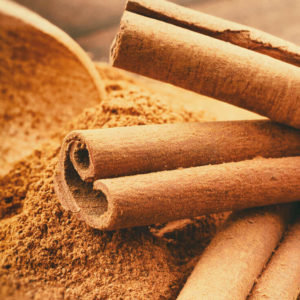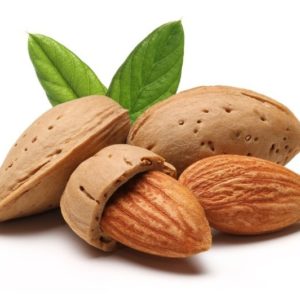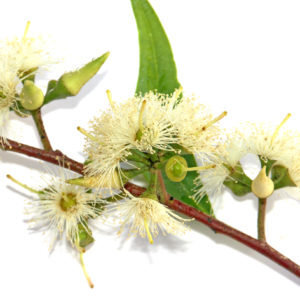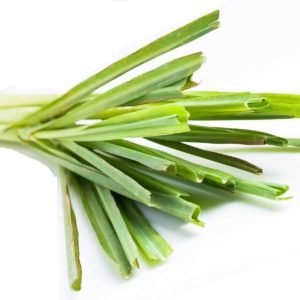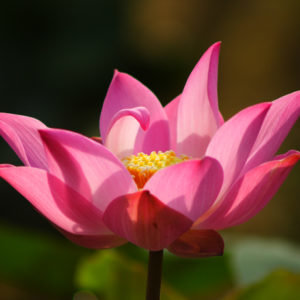Top sellers
Favorites of the month
About us
We, BEACH STONE ENTERPRISES, take pleasure to introduce ourselves as a wholesale Manufacturer, Exporter and Supplier of 100% pure, unadulterated, therapeutic-grade Essential Oils, Carrier oils and other Raw Materials. We source the world’s finest 100% pure essential oils from reliable and trustworthy distillers we know.
0
%
Satisfaction
0
+
Products
0
%
On time delivery
Discover
Why Beach Stone enterprises

How to use essential oils
Free Video Training

How to use essential oils
Free Video Training
Latest
From our Blog
Certifications
Industries We Serve
- Flavours and Fragrance
- Cosmetics
- Pharmaceuticals
- Nutraceuticals
- Aromatherapy
- Spa
- Food Industry
Why shop with us.
- Best Wholesale Pricing
- Lowest global shipping rates via FedEx & DHL
- 100% Customer Satisfaction Guarantee
- 3Ps - Price, Purity and Product. Equally as important.
- COA, GCMS label of Testing Reports Available
- Colossal Product Range
- Fast & Secured Payment Methods
- 100% Secure Site
- Premium quality products
- ISO 9001:2000 standard practices
- Experts in Handling and Packaging
- Private Label Packaging Options
Summary

Author Rating





Aggregate Rating
4.4 based on votes
Beach Stone
Beach Stone Aroma
Product Name
Essential Oils
Price
INR 2000
Product Availability
Available in Stock
 Certified Organic
Certified Organic Cruelty free
Cruelty free Genuine Manufacturer
Genuine Manufacturer Worldwide Shipping
Worldwide Shipping Secure Payment
Secure Payment


